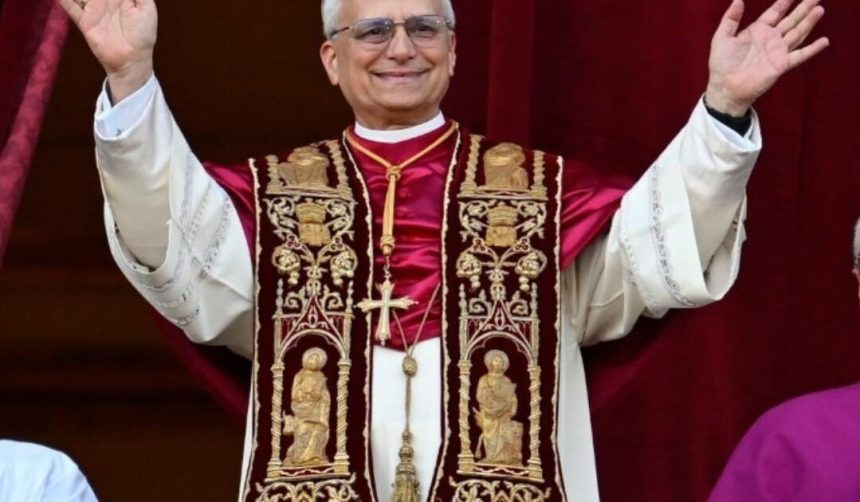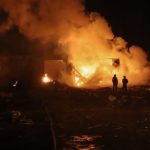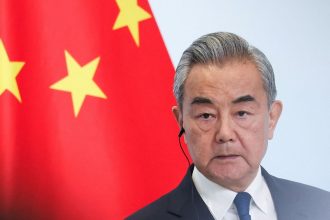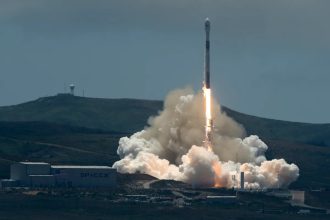Pope Leo XIV has declared Friday, August 22, a global day of prayer and fasting for peace, coinciding with the feast of the Queenship of the Blessed Virgin Mary.
The Pope made this announcement on Wednesday during his General Audience in St. Peter’s Square, as reported by Vatican News.
The appeal comes as violence continues to escalate in Ukraine, the Holy Land, and other regions facing armed conflict.
Humanitarian organisations have warned of worsening conditions, with growing numbers of displaced people and civilians caught in the crossfire.
Against this backdrop, the Pope’s call is a spiritual response aimed at awakening both consciences and actions.
“Too many innocent lives are being lost, and too many families are bearing the weight of wars that seem endless.
“We cannot remain indifferent,” Pope Leo said.
He urged the faithful to participate through fasting, prayer, and acts of charity, stressing that these spiritual disciplines are not symbolic gestures alone but catalysts for change.
The chosen date, August 22, coincides with the liturgical celebration of the Queenship of the Blessed Virgin Mary, a feast that honours Mary as a figure of intercession and peace.
By aligning the day with this Marian feast, Pope Leo highlighted the Church’s tradition of entrusting global concerns to Mary’s care.
“Let us ask Mary, Queen of Peace, to help nations rediscover the path of peace. May she intercede for people torn apart by hatred and violence,” he added.
Leaders from conflict zones quickly voiced their support.
Cardinal Pierbattista Pizzaballa, Latin Patriarch of Jerusalem, said, “Prayer is not a magic formula, but it opens hearts where distrust and hatred have grown. It is a step toward rebuilding trust.”
In Ukraine, Bishop Vitalij Skomarovskyj welcomed the initiative as a sign of solidarity, saying, “This call reminds us we are not forgotten. Prayer and fasting have great power; they can change the course of history.”
Alongside his call, Pope Leo reflected on the Church’s teaching that peace cannot thrive on justice alone; it also requires forgiveness.
Drawing from St. John Paul II’s legacy, he said, “True peace cannot exist without justice, but neither can it survive without forgiveness. Forgiveness is not surrender; it is the strength that prevents new wounds.”
This message resonates amid current debates over war reparations, ceasefire negotiations, and transitional justice processes in conflict regions.









